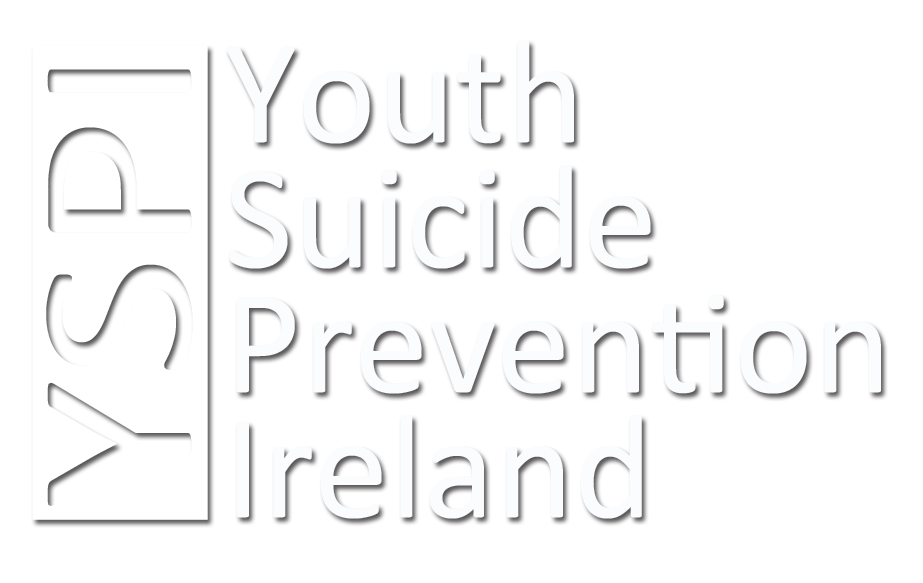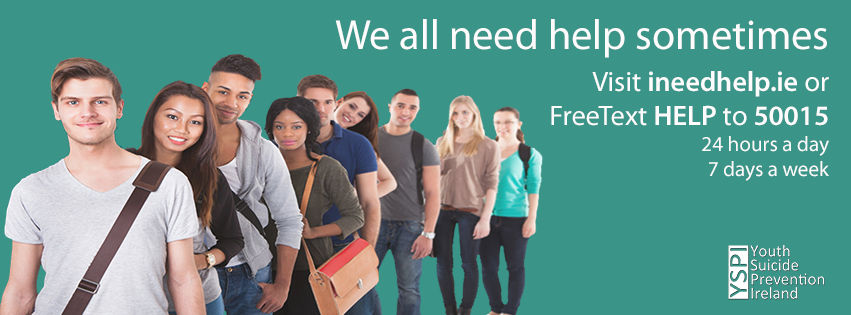
Student Support
Coping with Stress during and after Exams

Student Support
Coping with Stress during and after Exams


Coping with Stress during and after Exams
Welcome to our Student Resource site with information on managing the stress and anxiety during and after exams, and while waiting for the results.

A new guide to coping with Exam Stress including how to recognise the signs of stress and the latest techniques to reduce stress, and much more. The guide is written by Dr Hannah Farnsworth and contains information for students, friends of students and parents. Read a copy HERE or click the button below to download as PDF. Please feel free to share the link bit.ly/copingwithexamstress
For more information on stress and anxiety please view the menu tabs. You may also like to read or download a copy of our Let'sTalk About Mental Health magazine.

Written by Dr Hannah Farnsworth this magazine provides guidance on common mental health issues with coping strategies and support information. Topics covered include:
This guide is written by a registered medical practitioner and is suitable for TY, 5th and 6th years. The full magazine is available to read or download below. It is also available on our Yumpu site or by clicking HERE. We can also post you a printed copy by clicking HERE.
Everyone experiences stress at some time or another. It might be caused by problems at school or work, relationships with friends, siblings or parents, moving to a new place, or a traumatic event.
Stress can affect people in different ways:
You probably can’t get rid of stress totally, but you can manage it
Getting stressed is totally normal during exams but it can get out of control so be aware of Exam Stress.
A little bit of stress can be a good thing as it motivates us to knuckle down and work hard. But exams can make stress levels get out of hand, which can stop us from performing our best. So it's important to address it and get it back under control.
If you've noticed three or more of the above symptoms and you've experienced them for a few weeks you may need to do something about your stress levels.
Be aware of what your friends are doing and how they are behaving. As a friend you could be one of the first to become aware of changes in behaviour.
Warnings signs to watch out for may include but are not limited to:
Let your friend know that you really care. Ask about their feelings. Listen carefully to what they have to say.
Here are some examples of how to begin the conversation:
"I'm worried about you/about how you feel."
"You mean a lot to me and I want to help."
"I'm here if you need someone to talk to."
Talking with a friend about stress can really help them but it's very helpful to try and find out how stressed they are. Be direct in a caring, non-confrontational way.
Here are some ways to ask questions:
"Are you struggling to cope at the moment?"
"Do you have any of these symptoms?"
If a friend tells you they are stressing out, having anxiety attacks or even thinking of suicide, never keep it a secret, even if you're asked to. Do not try to handle the situation on your own. You can be the most help by referring your friend to someone with the professional skills necessary to provide the help that he or she needs. You can continue to help by offering support.
Here are some ways to talk to your friend about getting help:
"I know where we can get some help."
"Let's talk to someone who can help. Let's call the helpline now."
"I can go with you to get some help"
If a friend ever mentions suicide, take it seriously. If they have expressed an immediate plan, or have access to prescription medication or other potentially deadly means, do not leave them alone. Get help immediately from your GP or another medical professional. If necessary take your friend to the nearest hospital or Accident and Emergency.
Friends can help but sometimes what you are going through is too big to handle by yourself and you need an adult to get involved.
But who do you ask for help?
choose an adult you trust - maybe it is a family member or a neighbor, a favorite teacher, your priest or minister. You might also consider approaching your doctor or another health professional or you could call a helpline
What do I say to start the conversation? Aren't they going to think I am crazy and need to be in a hospital?
Most adults will try and listen to you carefully and offer you their support. They will also have a good idea of where to get help, and if the matter is serious they can go with you to talk to the police or appropriate agency.
If you feel that the adult you have chosen is unresponsive, not taking you seriously or is being judgemental then you should thank them for listening and walk away. Some adults have their own issues and they may not be a good choice to talk to about your concerns.
You should always try talking to another adult and not give up, your concerns and feelings are real and important and they deserve to be heard. You can also talk to someone at one of the national helplines 24/7/365.
